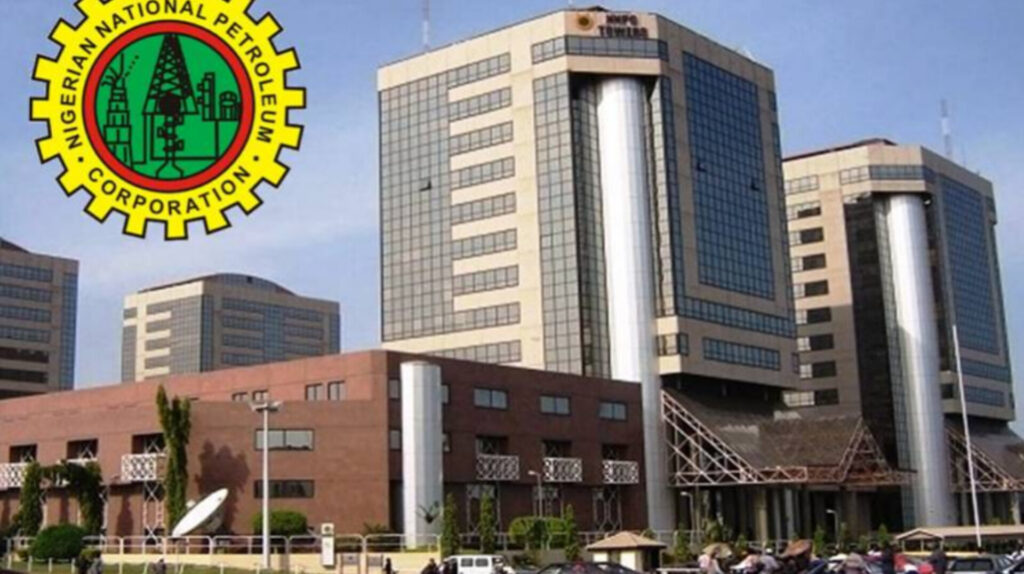The Nigerian National Petroleum Company Limited (NNPC) has layed-off some top management staff who have less than 15 months to retire.
This is coming few days after the oil company announced the removal and replacement of three of the its Executive Vice Presidents (EVPs).
Those affected by the previous shakeup included Abdulkabir Ahmed, who was hitherto in charge of gas, power and new energies; Adokiye Tombomieye, who headed the upstream segment as well as Adeyemi Adetunji, who was in charge of the downstream.
They were replaced by Olalekan Ogunleye as EVP gas, power and new energies; Oritsemeyiwa Eyesan for the company’s upstream operations, while Adedapo Segun took charge of the downstream.
The NNPC, in a terse statement, indicated that the new change in the line up was in line with its aspiration to rejuvenate its workforce.
“In our bid to pursue effective organisational renewal to support the delivery of our strategic business objectives, it has become imperative to rejuvenate our workforce.
“Consequently, in addition to the recent exit of three executive vice presidents, other members of management staff with less than 15 months to statutory retirement will be exiting the company effective 19th September 2023,” the statement said.


